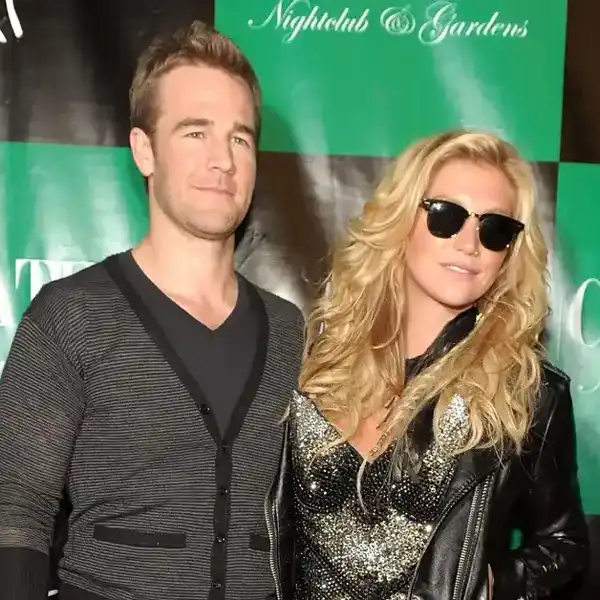Opinion: Live Music Venues Make Neighbourhoods Noteworthy
Cities that want to attract diverse, thriving populations should look at creative musical culture in new ways and take steps to create conditions for live music to continue and thrive.

By External Source
The following is an opinion piece submitted to and published in the Toronto Star on Jan. 2 by Eric Baptiste, CEO of SOCAN (Society of Composers, Authors & Music Publishers of Canada).
From the Carleton in Halifax to the Silver Dollar Room in Toronto, to The Railway Club in Vancouver, reports that small and medium-size live music venues are struggling across the country are common. Rising property costs in Canada’s urban centres can make it difficult for owners to make ends meet and, increasingly, music creators who perform at these venues can’t afford to live in their own city.
Yet, ironically, live music attracts people to cities.
Recent SOCAN third-party research reveals that 70 percent of city-dwelling Canadians younger than age 35 feel it’s important to live in a neighbourhood that includes live music. If artists can’t afford to live in our urban neighbourhoods, and venues are steadily disappearing, we must ask ourselves: where will live music take place?
Cities such as Toronto, Halifax, Vancouver and Montréal have a strong desire to be a “music city” because they understand that music supports the local economy by attracting tourists, and encourages younger Canadians to settle in their communities by creating a thriving employment base. To be a true music city, however, municipalities can do more to actively create conditions under which live music won’t just live but thrive.
Cities can start by better supporting live artists with new types of housing options, something they have done with many other arts and culture communities and small businesses. A recent Toronto-based project plans to offer musicians their own building in downtown Toronto, with affordable rental units, rehearsal and recording space. It’s a joint project between a property developer and Toronto Music City, and an excellent example of corporations and not-for-profits working together to foster music creation and performance.
Municipalities can also examine local development fee structures, and consider adding live music venues to the list of capital-cost recipients when a new development is erected. In many cities, developers are required to contribute to the surrounding community’s infrastructure and amenities, such as their libraries, parks, and transit.
Access to the arts is integral to communities too, and our research shows Canadians support this approach: 91 percent of Canadians already living in urban Canada who want to live in a neighbourhood with a vibrant local arts scene agree that a portion of development charges should support live music.
Detractors comment that, if a community wants music, residents will find a way to support it. However, they don’t fully understand the obstacles music creators face today, some of which didn’t exist as recently as 15 years ago.
Yes, streaming services are making significant headway into the Canadian market, but they are still not contributing to the ecosystem at the level last seen during the CD era. Some genres have adapted very well (e.g. urban music), but others are struggling to find space in the new streaming scene. Our country music creators and nearly all the music from Québec are prime examples of this difficulty to find exposure online.
Music creators are now also tasked with promoting themselves by building an online presence and personal brand, which can take their attention away from making music. If creators can spend only a fraction of their time on their art, in an environment where the cost of living is too high, how long will it be before they leave urban centres, causing existing local music scenes to die?
Cities that want to attract diverse, thriving populations should look at creative musical culture in new ways and take steps to create conditions for live music to thrive or even continue:
Municipalities must bring culture groups together to find ways to better distribute development charges so live music venues can benefit.
Music venues should be license compliant, so music creators and publishers are compensated fairly and legally for the use of their work, creating conditions for yet more music to be made.
Music lovers should frequent only venues that hold live music licenses, which ensure music creators receive what they have rightfully and legally earned, while also supporting local businesses and the economy.
A vibrant live music scene in Canadian cities is therefore even more crucial than before for Canadian creators. Live music makes Canada’s cities and towns more livable and prosperous. Live music must be looked after.

















